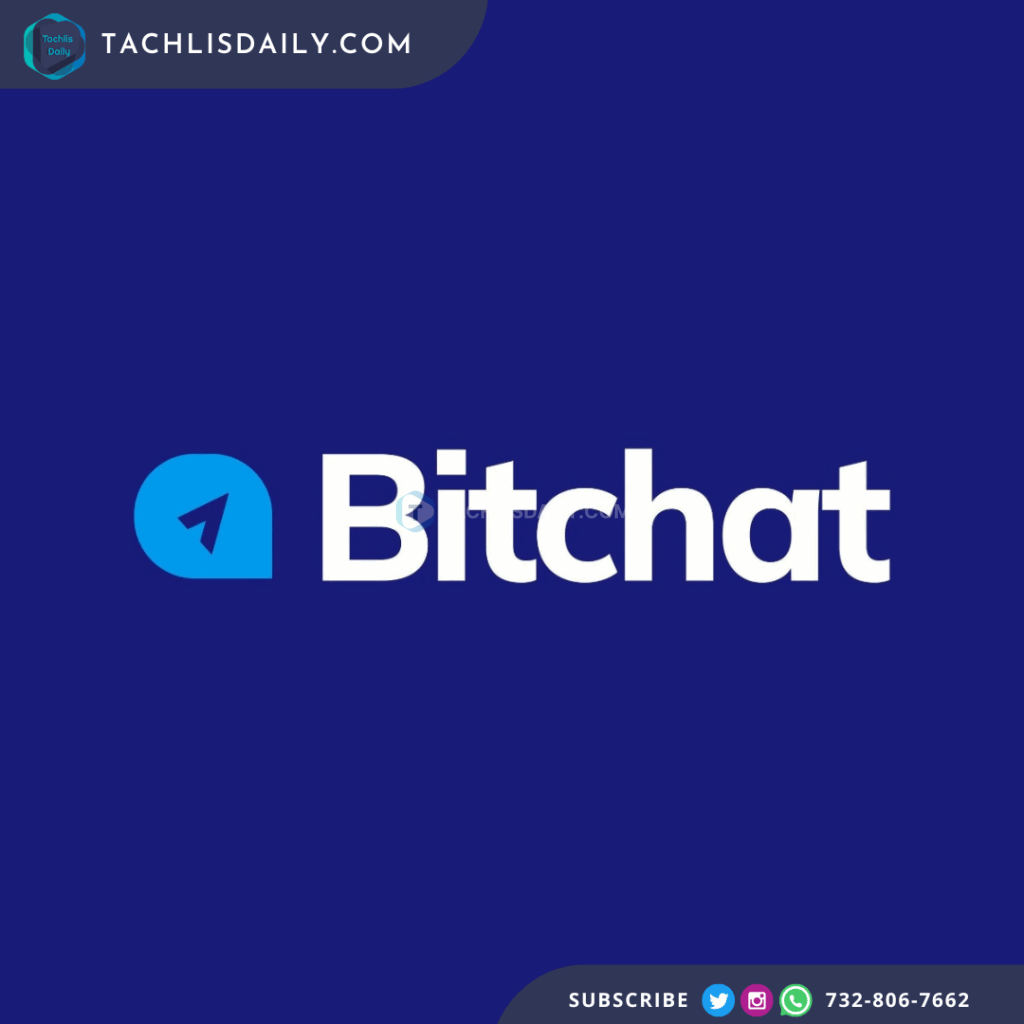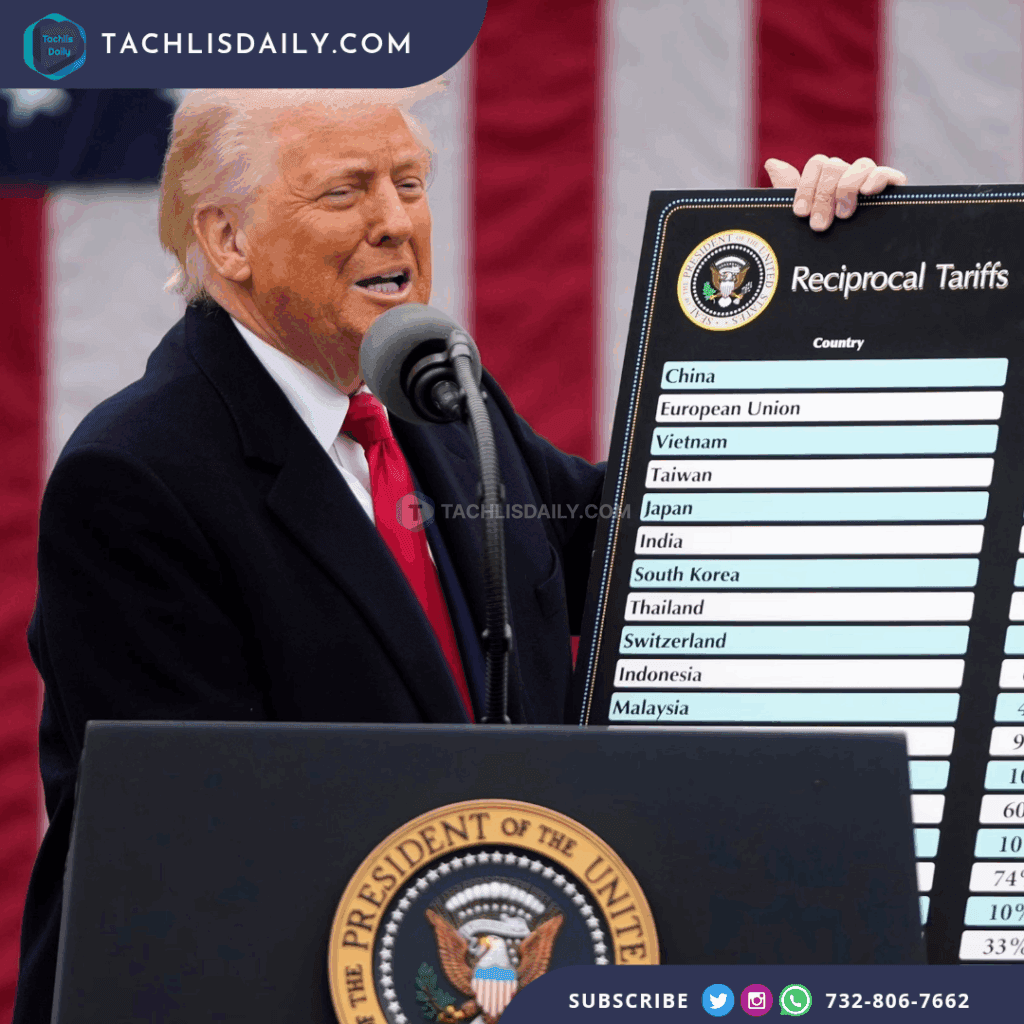What mortgage is best for me?
In this article, I will go through the main categories of loan options available for homebuyers to choose from, fitting their specific needs.
- Conventional loans: Conventional loans are the most popular type of mortgage. When a conventional loan meets specific standards set by the government-sponsored enterprises (GSEs) Fannie Mae and Freddie Mac, it is eligible to be purchased by them. You can qualify for as low as a 3% down payment for many buyers.
Who are conventional loans best for? If you have a good credit score, a traditional mortgage is the best option for primary homeowners because they usually have the best interest rate. - Jumbo loan: Jumbo mortgages are home loans in an amount that surpasses FHFA’s conforming loan limits. Because these are bigger loans, Fannie or Freddie does not back them, so they present more risk. Who are jumbo loans best for? A jumbo loan is the best route if you want to finance a home with a purchase price exceeding the current conforming loan limits. Click here to see your county’s Conforming loan limits.
- FHA: FHA loans can be had with a credit score as low as 580 and a 3.5 percent down payment or a score as low as 500 with 10 percent down. FHA loans also require paying mortgage insurance premiums and Upfront Mortgage Insurance, adding to your costs.
Who are FHA loans best for? If your credit prevents you from qualifying for a conventional loan, an FHA loan can be an alternative. It’s better to improve your credit to qualify for a conventional loan than an FHA loan due to their additional fees. - Non-qualifying mortgages (Non-QM): Non-QM loans don’t meet the standards set by the Consumer Financial Protection Bureau, so they offer more lenient credit and income requirements.
Two popular Non-QM options are DSCR and Bank Statements:
- DSCR (Debt Service Coverage Ratio): The lender will only consider the rental income that covers the monthly housing expense (some lenders may even allow the rent to be lower than the housing expense). This option is perfect for investors who want to provide only some income documents. Another advantage is that the loan can be closed under an LLC.
- Bank statement: The lender uses 12 or 24 months of business or personal bank statements to calculate how much income a borrower makes and uses that income amount to calculate the Debt to Income ratio.
Amortization types: Fixed, ARM and Interest Only:
Fixed: With all loan options, there are options to get an amortized mortgage (30 years or less), meaning the mortgage payment will stay the same for the duration of the loan.
Adjustable Rate Mortgage (ARM): It comes with a set period of a fixed mortgage rate (usually 5, 7, or 10 years) and then turns into an adjustable rate typically based on the Prime Rate at that time.
Interest Only (IO): The least standard option is typically associated with non-QM loans. It offers an option for interest-only payment for a set time and then turns into a fully amortized mortgage for the remainder of the loan term.













